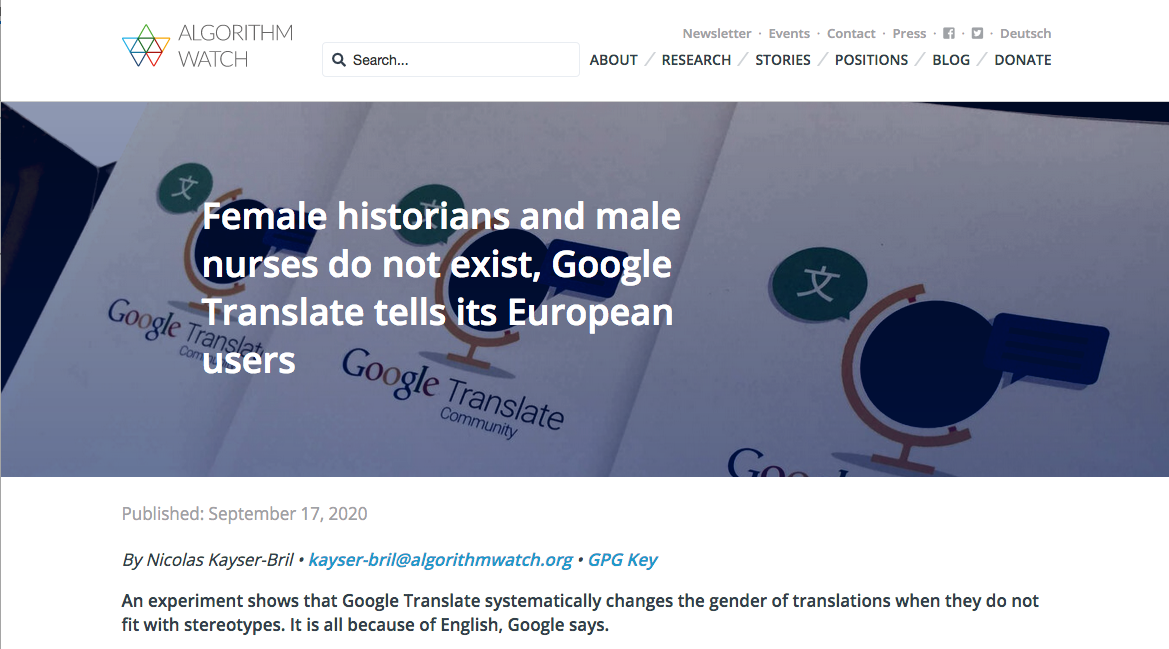Thank you to OU for asking me to judge their inaugural Student Translation Prizes
It was a pleasure to read such sophisticated and thoughtful student work! Congratulations to the winners, Lucy Coleman in prose and Lala Mammadova in poetry. Congratulations also to the finalists, Daria Shchukina in prose and Aiden Wilson in poetry. Read the full award announcement from World Literature Today here.
And here are my citations for the winners:
I carefully peeled back the moss, and while the key still had a trace of warmth, pushed it in, wedging it firmly, then covered it with moss again. Thus, my key, the old house stored within it, the surrounding alleys, and even my hometown were all preserved here, nestled against the hidden stele.
The structure of these two sentences taken almost at random from Lucy Coleman’s translation of Chen Chuncheng’s “Zhufeng Temple” testifies to Coleman’s sensitive ear and her beautiful sense of pacing and tone throughout. It isn’t always easy to fluidly convey a nested or sequential series of events or observations, but she does a fantastic job. And the word choices – “trace of warmth,” “nestled,” “preserved” – all contribute seamlessly to the story’s tone of wistful, sometimes aching, occasionally affectionate detachment. This is magnificent work. Bravo!
I won’t have mercy for his tears. Let his eyes turn red.
Look at his older brother. He’d beat a guy who touched his bread.
I’d sooner see him die than put that square hat on his head.
In translating poetry, the translator is faced with the familiar dilemma described by Dryden in his Preface to Ovid’s Epistles: how to “look into our selves, to conform our Genius to [the author’s], to give his thought either the same turn if our tongue will bear it, or if not, to vary but the dress, not to alter or destroy the substance.” This task becomes even more ticklish with satirical and/or political poetry which depends for its bite on wit, concision, and wordplay, since the “substance” of those qualities is “dressed” quite differently in different languages. Dryden, aware of this problem, allows that sometimes the translator may “choose out some Expression which does not vitiate the Sense,” cautioning that doing so requires restraint: “I suppose he may stretch his chain to such a Latitude, but by innovation of thoughts, methinks he breaks it.” But that’s the question, right? When does “using different words” stretch the chain too much, crossing into the forbidden territory of “making things up”? Watching translators navigate this question is always fascinating. It can be like watching a gymnast stick a landing: the harder the routine, the greater the audience’s admiration when it’s done well. In the case of Lala Mammadova‘s translation of Mirza Ali-Akbar Sabir’s satirical poetry, I laud Mammadova’s bold choice to center attention on the rhyme scheme, which had me reading it like I read Ogden Nash: with anticipation, waiting to see what new rhyme-image comes up next. I also enjoyed the thematically-relevant details, for example, “that square hat”—a graduation cap, but described in words chosen to convey both the speaker’s ignorance and his disdain. A fine performance of chain-stretching!


















